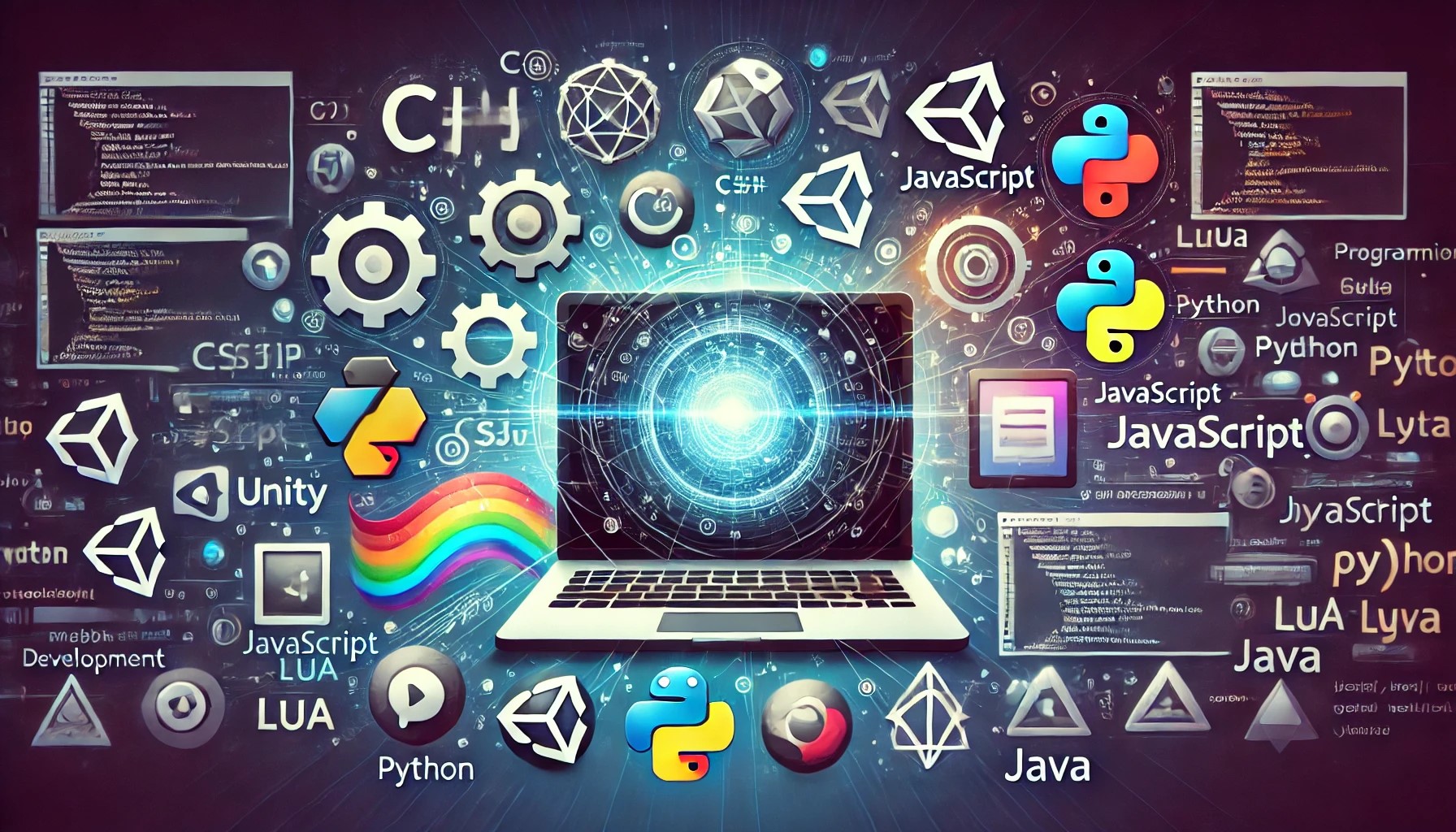The Role of Programming Languages in Game Development

In the field of game creation, the programming language used has a significant impact on the game's performance, flexibility, and overall experience. Different genres and platforms have distinct requirements, and the appropriate language can make a huge difference in the final product.
C++ is widely recognized as the foundation of game development, particularly for high-performance AAA blockbusters. Its close-to-hardware management enables developers to heavily optimize their code, making it perfect for complicated, resource-intensive games. Many major gaming engines, including Unreal Engine and CryEngine, rely on C++ for its efficiency and power. The language's object-oriented design facilitates the creation of complex game architectures, making it essential for large-scale projects.
C#, on the other hand, has grown in popularity as a result of its close affiliation with Unity, a prominent gaming engine. Unity's ability to create both 2D and 3D games, particularly for mobile platforms and VR/AR experiences, has made C# a preferred language for many developers. Its simplified syntax, when compared to C++, shortens the learning curve, making it accessible to beginners while still providing powerful tools for professional game creation.
JavaScript, which is frequently combined with TypeScript, is the language of choice for browser-based games. The advent of HTML5 and WebGL has enabled JavaScript to develop rich, interactive games that run directly in web browsers. TypeScript adds static typing to JavaScript, making it easier to manage huge projects. This combination is good for games that stress cross-platform compatibility and convenience of use, as it allows them to be played without installation.
Python, while not commonly used for high-performance games, is popular because of its simplicity and educational usefulness. It's a great language for learning game development fundamentals, and it's frequently used in classrooms and on small indie projects. Libraries such as Pygame make it simple to construct 2D games, making Python an excellent choice for beginners or rapid prototyping of game ideas.
Lua is another common language used in game creation, primarily as a scripting language in larger projects. Its lightweight design and simplicity of integration make it a popular choice for writing game logic. Lua is utilized in many gaming engines and has powered titles such as "World of Warcraft" and "Angry Birds" by allowing for modifying and increasing game functionality.
Java remains the major programming language for Android game development. It is the default option for developing mobile games on Android devices when used in conjunction with the Android SDK. While Java is not as popular in console or PC gaming, its efficiency and extensive use in mobile programming have resulted in a number of successful games on the Google Play Store.
Ultimately, the programming language used in game creation is determined by the platform, performance requirements, and skill of the development team. C++ is required for high-performance, large-scale games, whereas C# is recommended for independent and mobile games due to Unity's popularity. JavaScript and TypeScript are essential for web-based games, Python is useful for learning and experimentation, Lua is excellent for scripting, and Java dominates Android game development. Each language has unique capabilities, and recognizing them is essential for developing effective and interesting games.
Creativity Meets Code.
Join our mailing list
© Copyright xklsv 2026. All Rights Reserved
xklsv